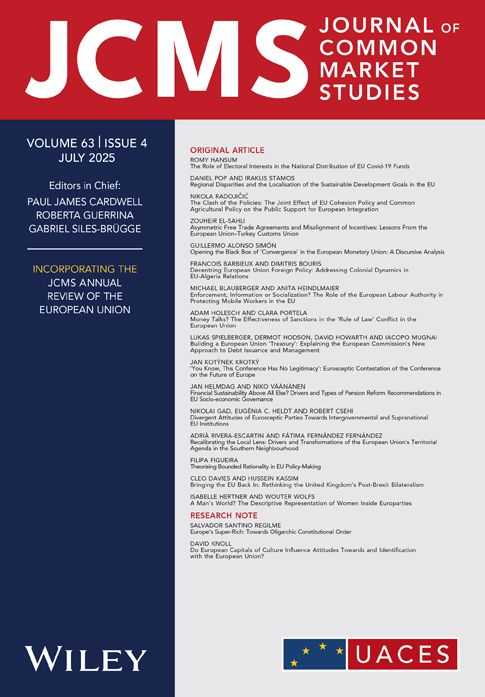
#EUSocialPolicy #MinimumWageDirective #CollectiveBargaining #IndustrialRelations #SocialEurope #LabourLaw #EuropeanUnion
#EUSocialPolicy #MinimumWageDirective #CollectiveBargaining #IndustrialRelations #SocialEurope #LabourLaw #EuropeanUnion
⚖️ The lesson?
Even 'soft' EU law can have hard political effects – when actors choose to use it.
⚖️ The lesson?
Even 'soft' EU law can have hard political effects – when actors choose to use it.
🔹 In Italy, where no statutory minimum wage exists, it inspired judicial and political initiatives on fair pay and representative bargaining – also at the local level.
🔹 In Italy, where no statutory minimum wage exists, it inspired judicial and political initiatives on fair pay and representative bargaining – also at the local level.
🔹 In Bulgaria, it helped justify long-demanded wage indexation reforms despite political instability.
🔹 In Bulgaria, it helped justify long-demanded wage indexation reforms despite political instability.

www.tandfonline.com/doi/full/10....

www.tandfonline.com/doi/full/10....

